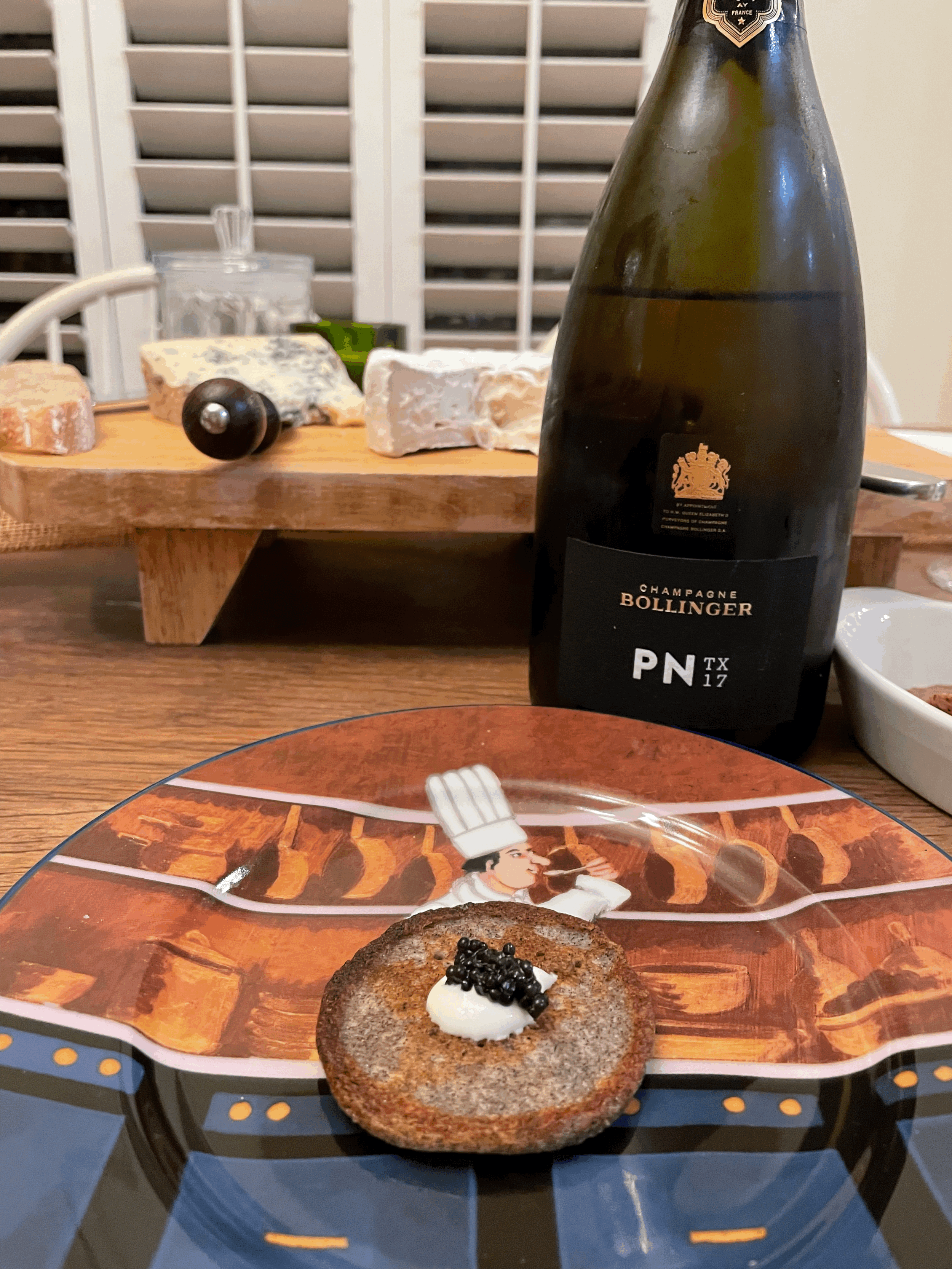Hospitality According to APS: 25 years in the making
For Aron and I, hospitality isn’t just a word—it’s a way of life. We grew up on opposite coasts, but our connection to caring for people runs deep and has always been aligned. When we first met, we spent hours talking about the importance of taking care of others—not just in theory, but in practice, every day, in every interaction.
Writing a blog post can be terrifying. Where do you begin? What do people want to read? Is what we have to say even important?
Honestly, I don’t know. But here we are—let’s begin anyway.
For Aron and me, hospitality isn’t just a word—it’s a way of life. We grew up on opposite coasts, but our connection to caring for people runs deep and has always been aligned. When we first met, we spent hours talking about the importance of taking care of others—not just in theory, but in practice, every day, in every interaction. Those conversations continue to this day.
I grew up in North Florida, just south of the Georgia border. One of my favorite photos is of me sitting on the counter, helping my mom decorate my third birthday cake. My mom is an incredible baker, and my grandmothers were both amazing cooks. We didn’t have much, but we always had enough to share—and hospitality was simply a way of life. Taking dinner to a friend in need was just what we did and what I still do. Baking for birthdays or cooking for social gatherings was the norm. To this day, my parents still host, welcoming people into their home. We’ve taught these same lessons to our kids. When new neighbors move in, we take a tray of warm baked goods over to welcome them. Hosting events at our house is more than just putting dinner on the table. I take the time to think of the little details that will make everyone feel welcome. Nowadays, our daughter steps in to hand-make small personal gifts for each guest, just for fun.
Aron grew up here in San Diego. He is the oldest of four. His passion for culinary and hospitality started at a young age with frequent visits to Chino Farms with his dad. The taste of the farm-fresh produce and quality ingredients still resonates with him today. Ask him about his food inspiration, and he responds with a shake of the head and a smile—it is family. “Growing up, my family’s dinner table was filled with good food and lively conversation. Everyone should experience dinner at the Schwartz’s table.”
Over the years, our careers have taken us down many paths—from small, independently owned restaurants to large hotel corporations, from local favorites to nationally recognized brands. No matter where we’ve landed, we’ve always brought our own sense of hospitality into the space. It’s more than service—it’s the heartbeat of everything we do.
The True Meaning of Hospitality
Merriam-Webster defines hospitality as: “Hospitable treatment, reception, or disposition. The activity or business of providing services to guests in hotels, restaurants, bars, etc.”
But the key to understanding hospitality lies in the word hospitable:
“Given to generous and cordial reception of guests; promising or suggesting a generous and friendly welcome; offering a pleasant or sustaining environment; readily receptive.”
That’s what we care about—creating environments where people feel seen, cared for, and welcomed. I don’t do this work for accolades or recognition. I do it because I want every person who walks through our doors—or your doors—to feel at ease. To take a breath. To enjoy. To forget about the outside world for just a little while and truly savor a delicious meal.
The Four Key Elements of Hospitality
There are a few key elements that contribute to that kind of experience:
1. Atmosphere
The environment sets the tone. People should feel comfortable the moment they walk in—from the lighting to the music to the energy in the room. It’s the difference between feeling like a guest versus feeling like a number.
2. A Genuine Welcome
Hospitality starts at “hello.” A warm, authentic welcome matters more than you think. When it’s real, guests can feel it. That kind of warmth makes people want to stay—and come back.
3. Service
Thoughtful, intuitive service is an art. It’s about reading body language, understanding the unspoken cues, and knowing when to lean in or give space. Great service never feels scripted—it feels personal. (I’ve got a lot more to say about this—definitely a topic for a future post.)
4. Food
It should be delicious and satisfying, of course. But more than that, it should reflect the moment—the season, the place, the people. Our food is rooted in seasonality, letting the ingredients shine on the plate without unnecessary fuss. Clean, bold flavors that feel approachable and unpretentious—that’s what we strive for.
The Power of a Shared Meal
My senior thesis at the Culinary Institute of America was about the importance of sharing dinner as a family. At tables around the world, children learn manners, parents find out about each other’s day, companies are built, and relationships grow. There is a deep connection to breaking bread and opening up to new possibilities.
One of my fondest memories of this was Aron and my first date—a celebration for finishing my thesis. We went to a tiny restaurant in Rhinebeck, NY. The space was small, dimly lit by candlelight. The music was just the right volume—soft enough to have a conversation and loud enough to fill the silence. The wine and food were simple and delicious. (No, I don’t remember what we ate, maybe Aron does?) It was the combination of atmosphere, service, and food that made the night memorable. Whenever talking about setting the stage, I always go back to that night.
BTW: We got married two years later, and this month, we celebrate our 25th wedding anniversary. New possibilities happen when the stage is set. We are proof!
The Gratitude Dinner
Recently, we hosted an event for a client who wanted to thank her friends. She called it a Gratitude Dinner. What a fun way to celebrate! We followed our principles of hospitality down to the smallest details: we started with a reception in her courtyard, fireplace lit, blankets out. Small bites were offered when guests arrived, and the bar was set with everyone’s favorite libations. At the dinner table, a personal note was placed for each guest from the hostess. The meal that followed showed thanks for the season surrounding us. We finished the night back in the courtyard for dessert—a perfectly light chocolate pavlova with passion fruit from the hostess’s garden. This was one of my favorite events of 2024.
Lessons from 25 Years in Hospitality
Details Matter: The little things—warm lighting, a thoughtfully placed note, a familiar greeting—are what people remember.
Listen More Than You Speak: Great hospitality is about understanding what people need before they even ask.
Hospitality is Universal: Whether in a Michelin-starred restaurant or a backyard BBQ, the same principles apply.
Generosity Goes a Long Way: Sharing food, time, or a kind word can create lasting connections.
Never Stop Learning: Trends change, but the heart of hospitality—genuine care—remains the same.
At the end of the day, hospitality isn’t just what we do—it’s who we are. Whether you’re hosting dinner for two or an event for two hundred, the same principles apply: care deeply, listen well, and make people feel at home. That’s the heart of APS Hospitality, and it’s what we’ve spent 25 years building—one meal, one moment, one guest at a time.

